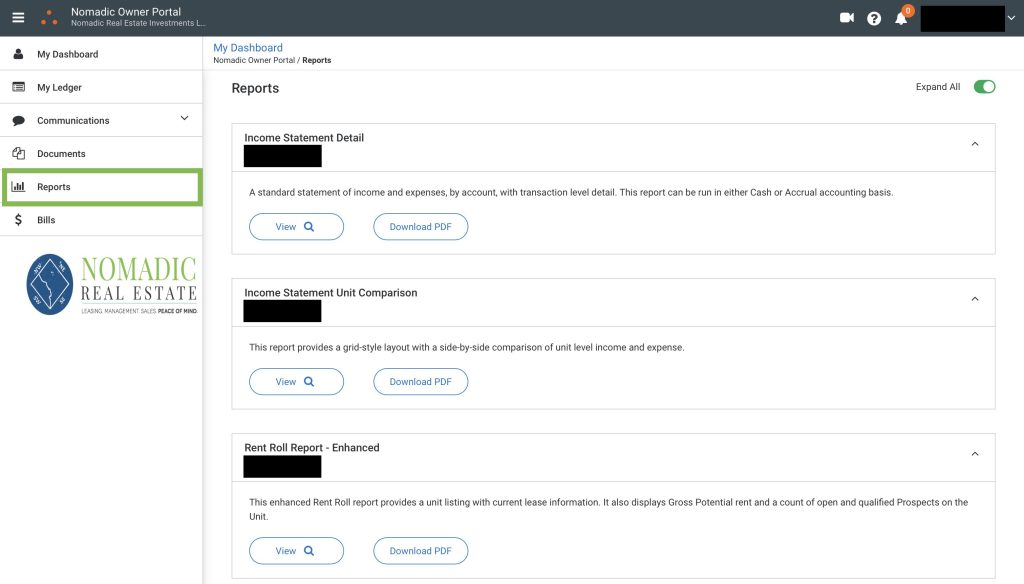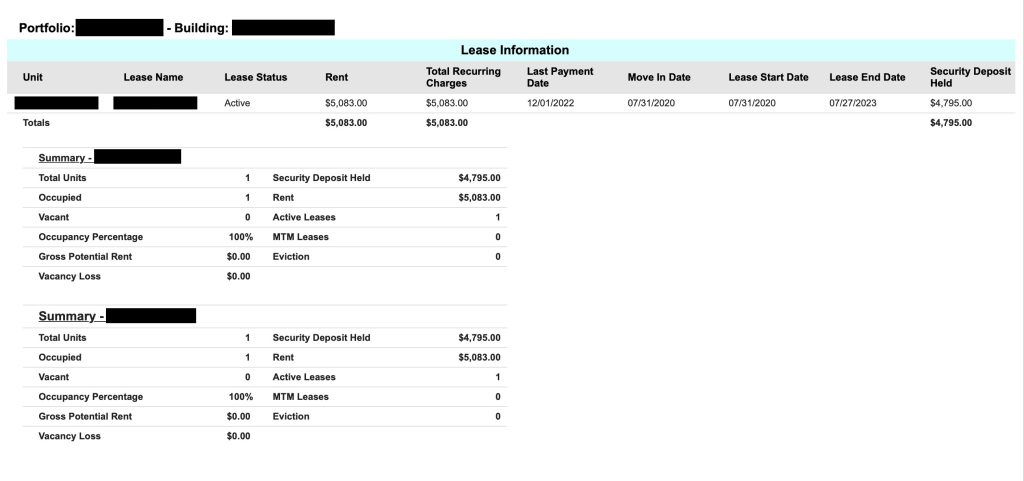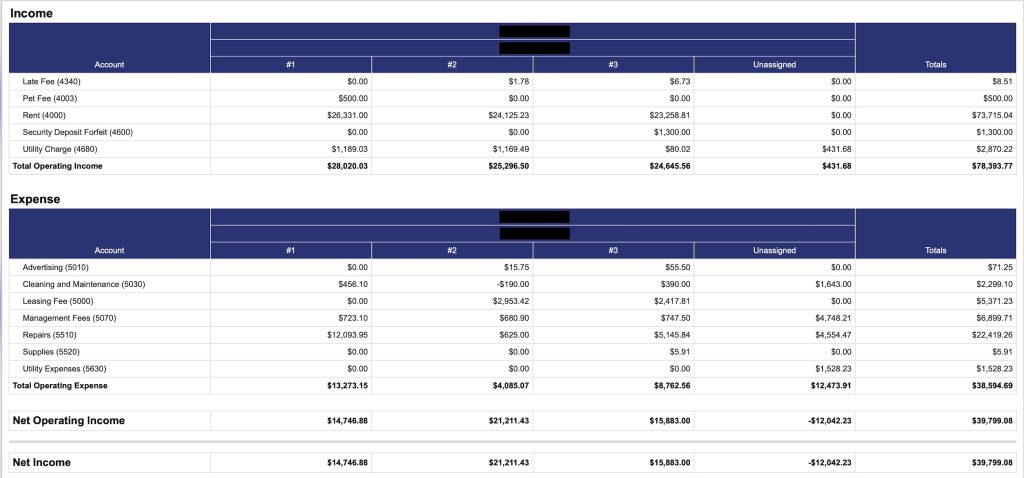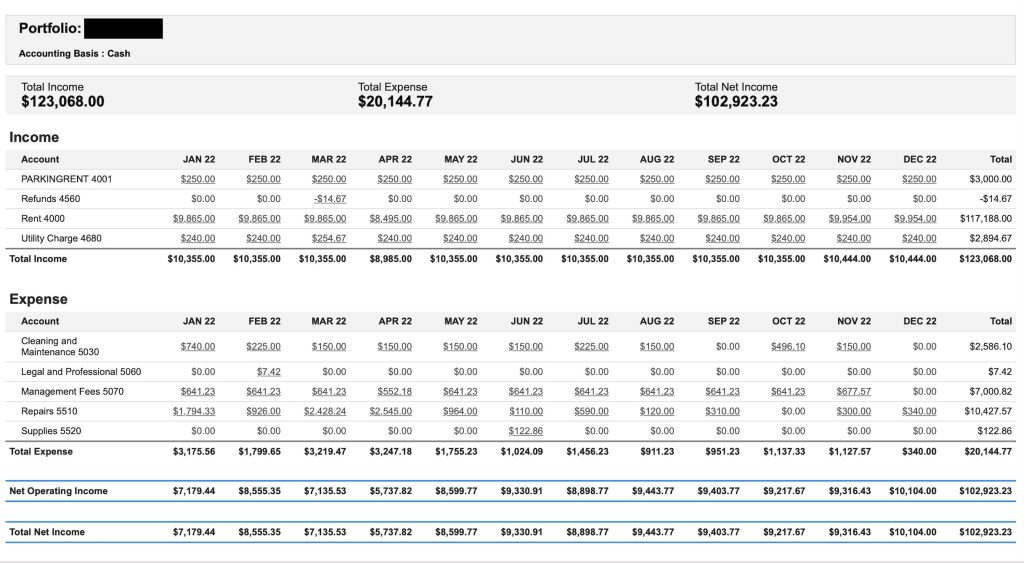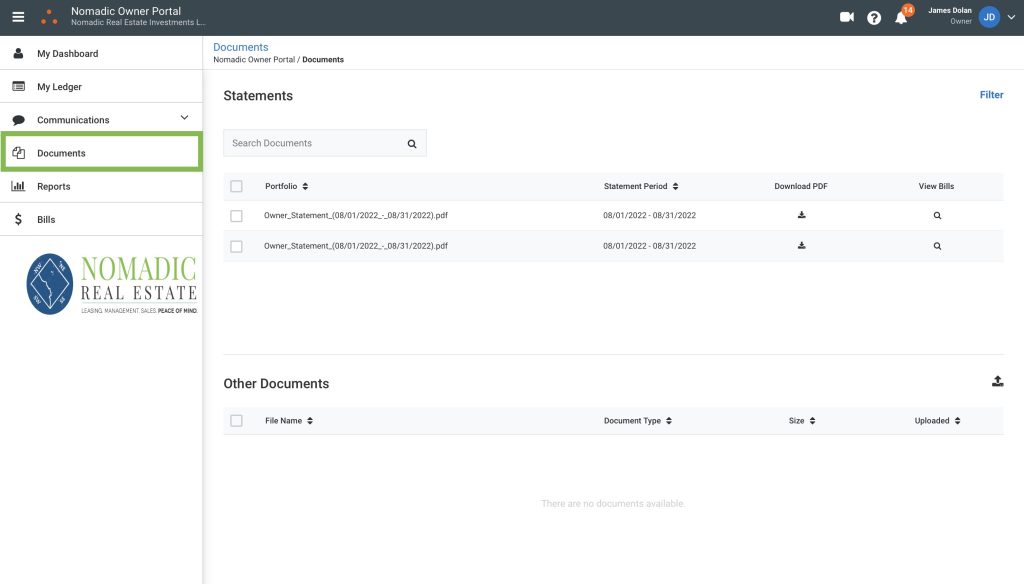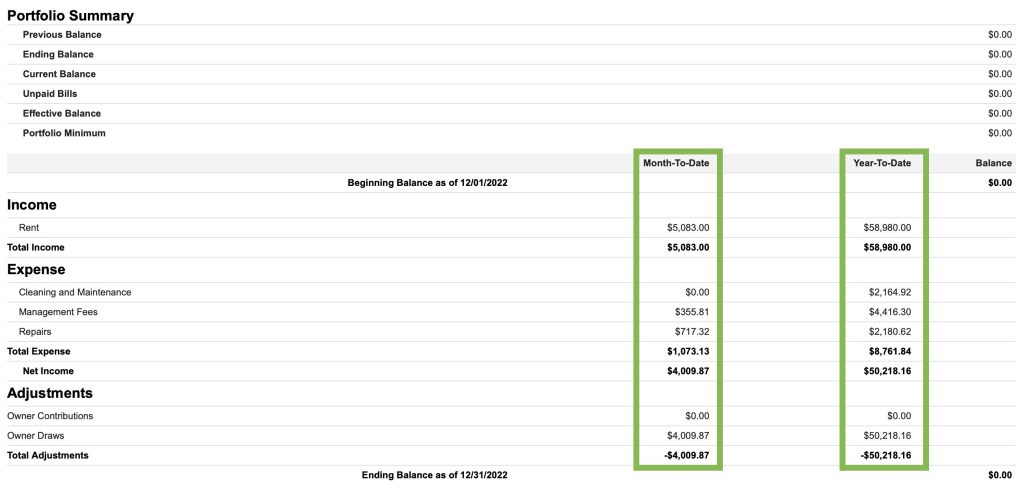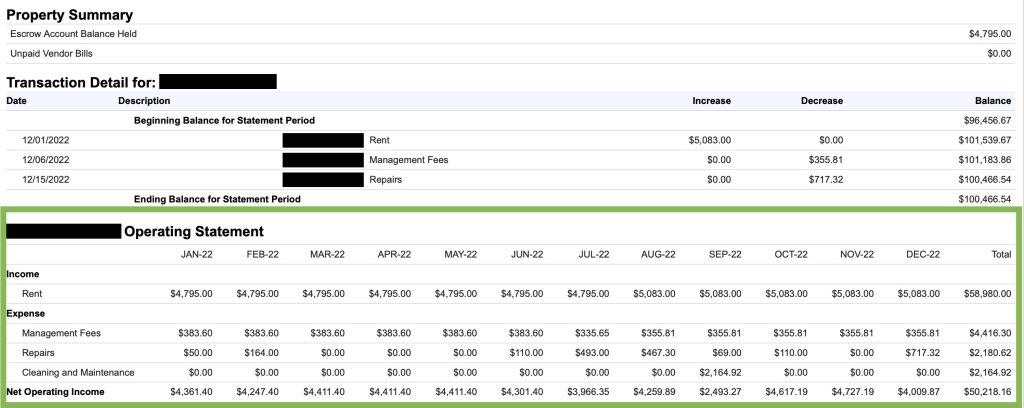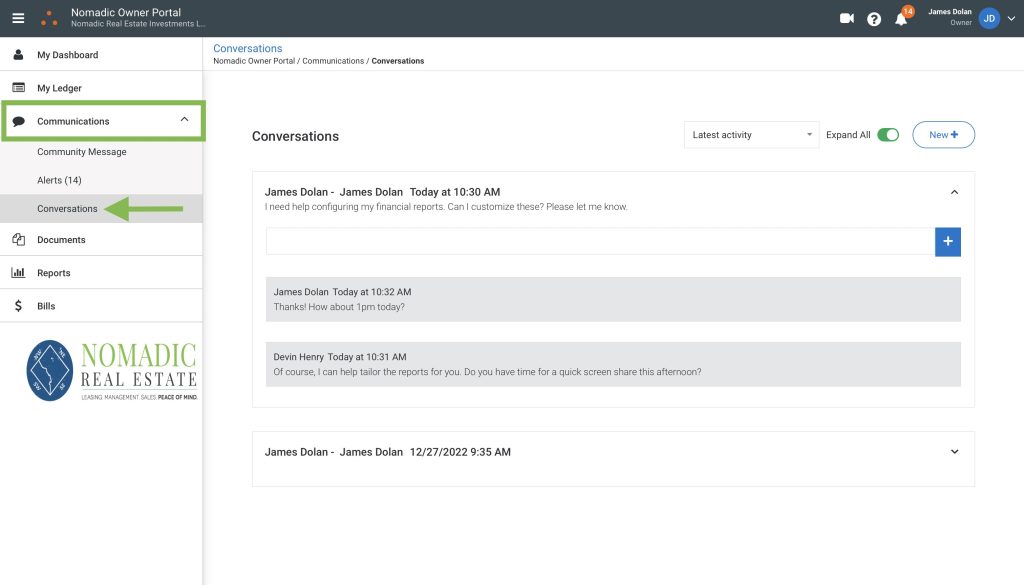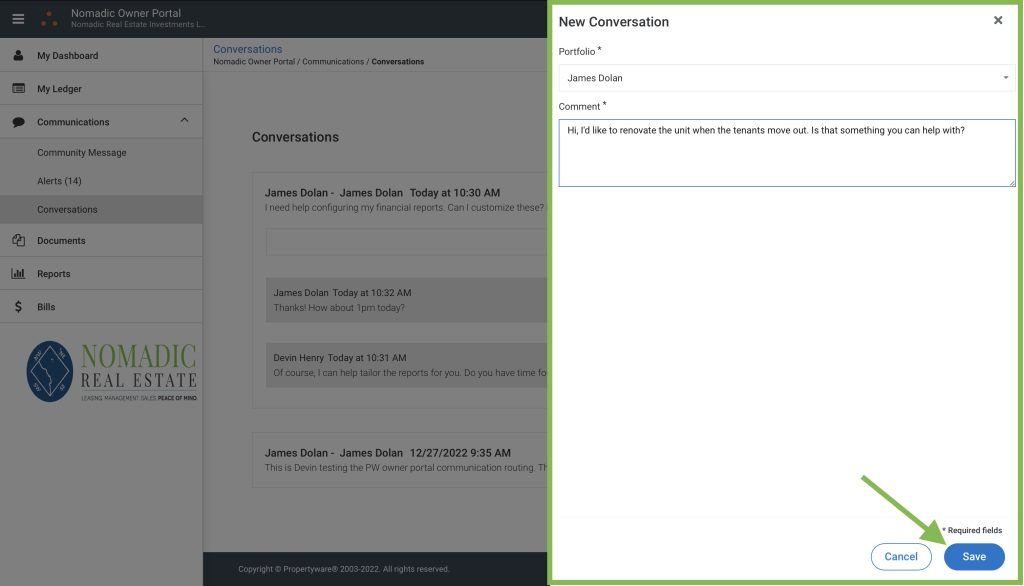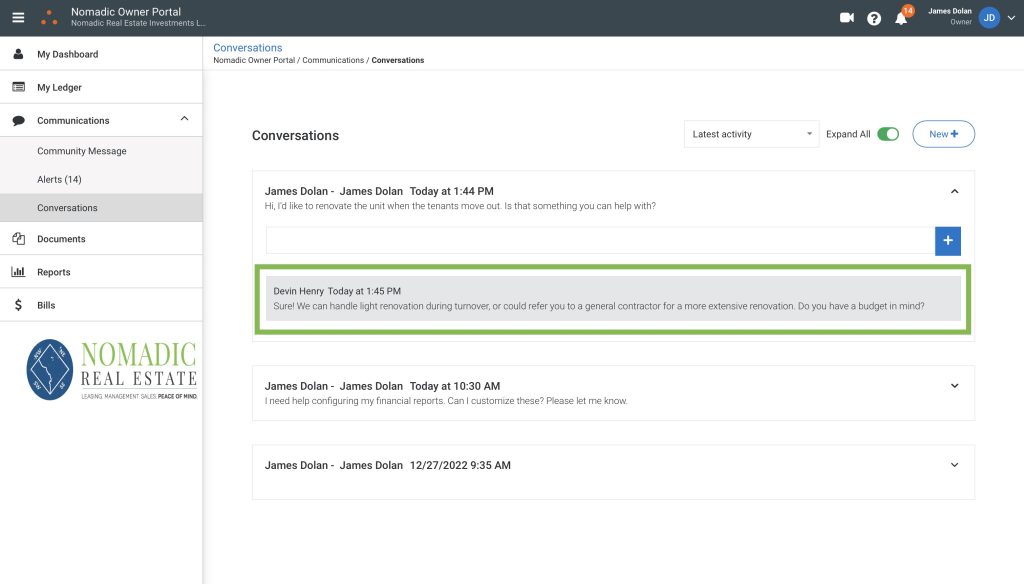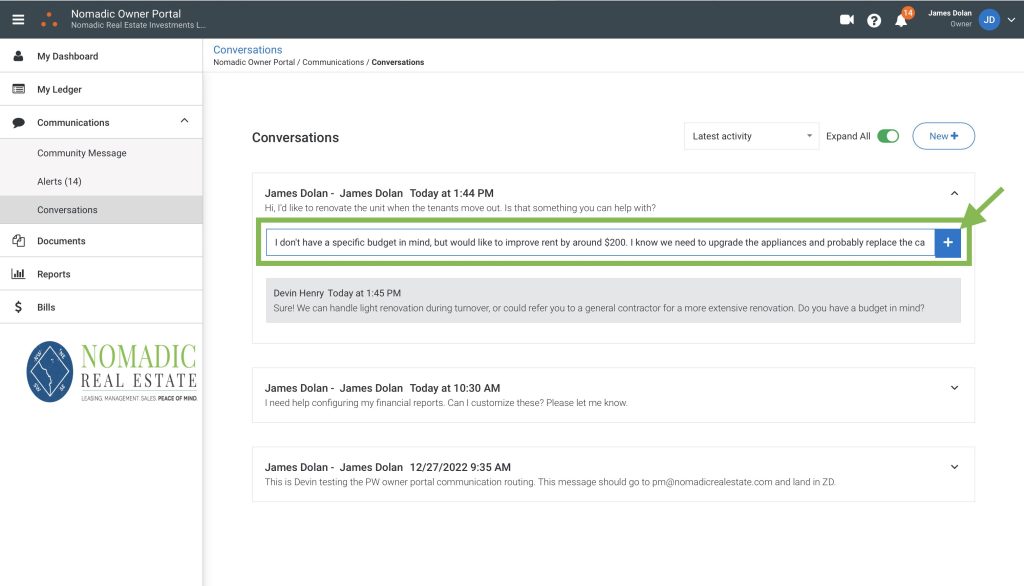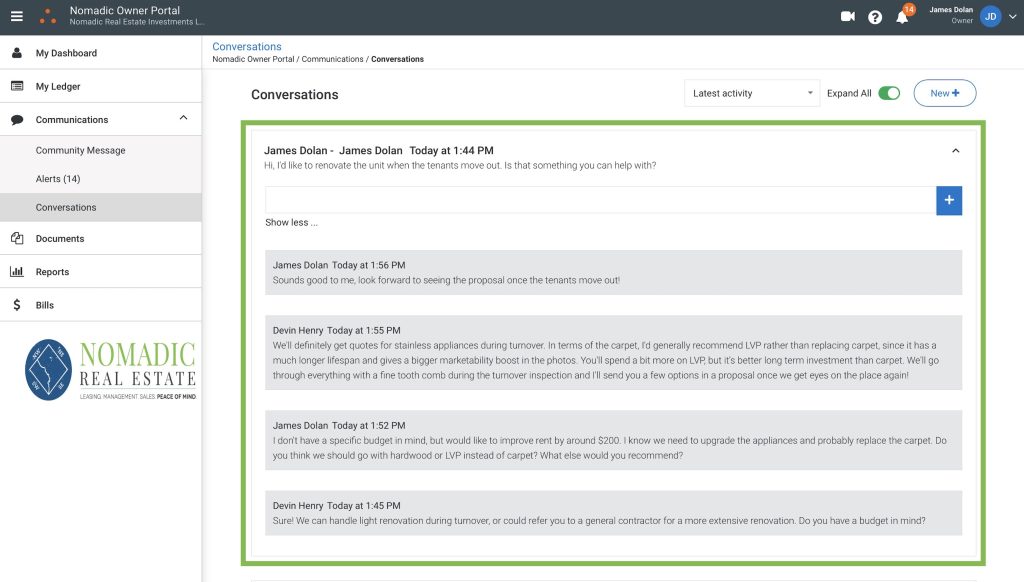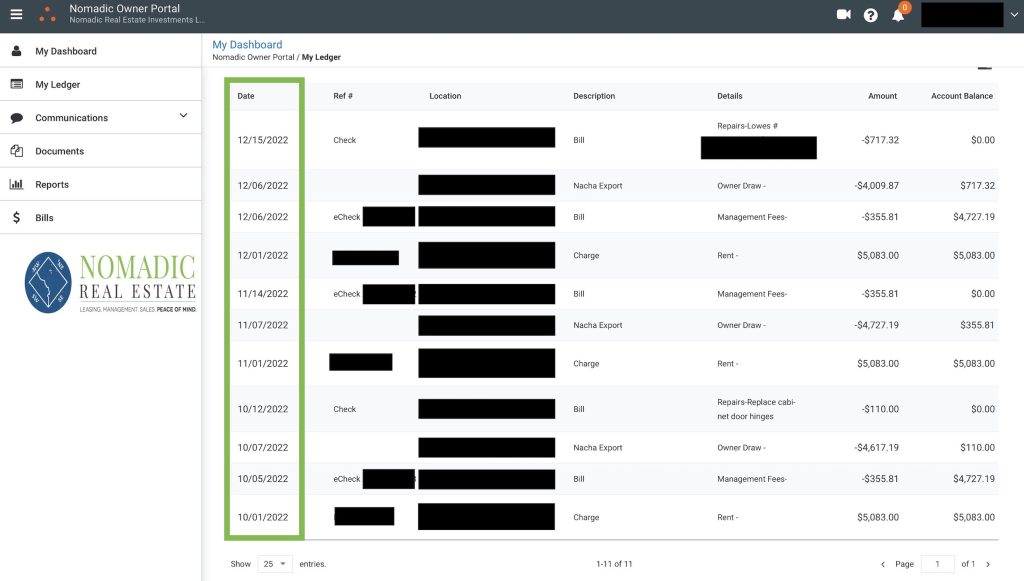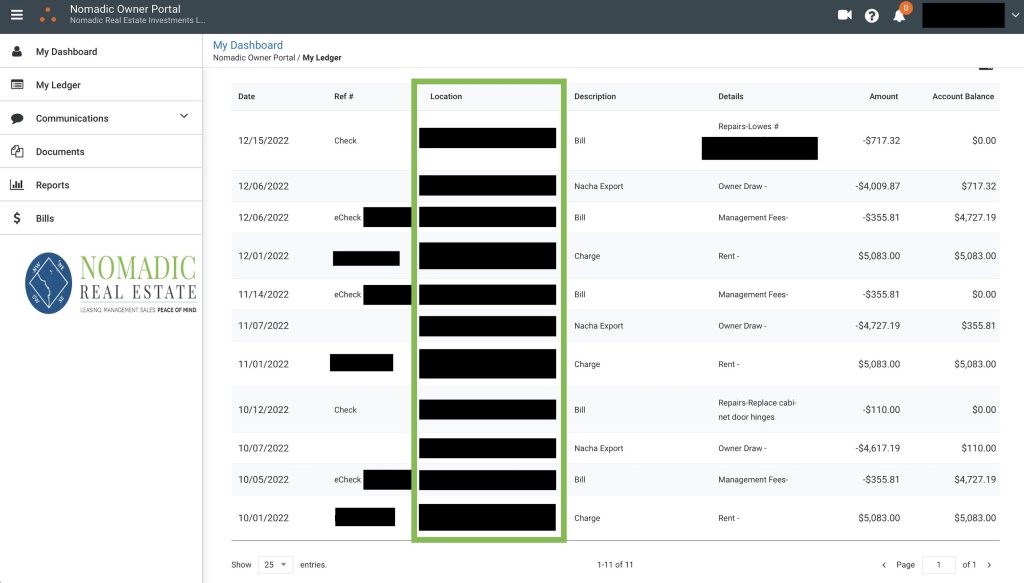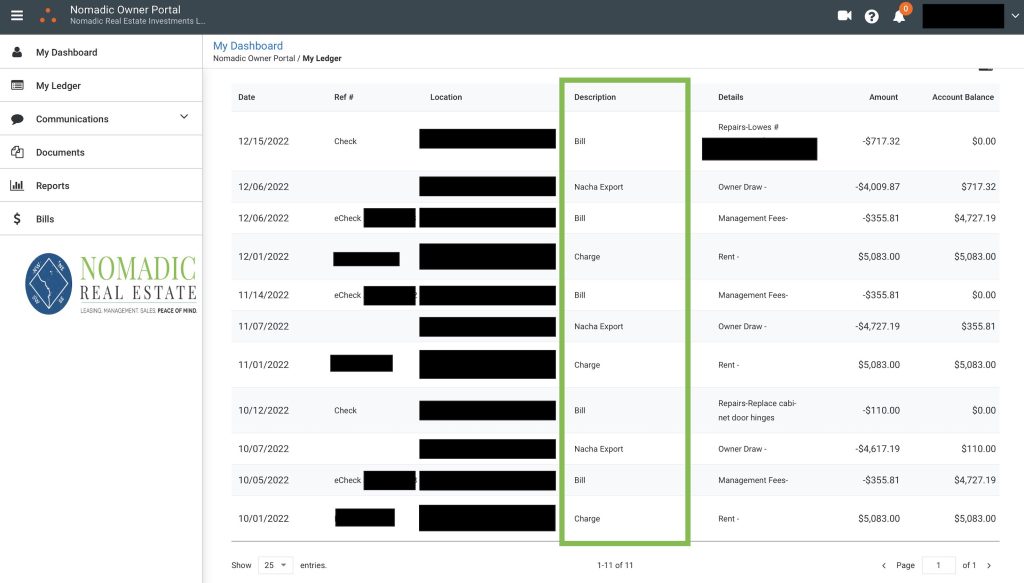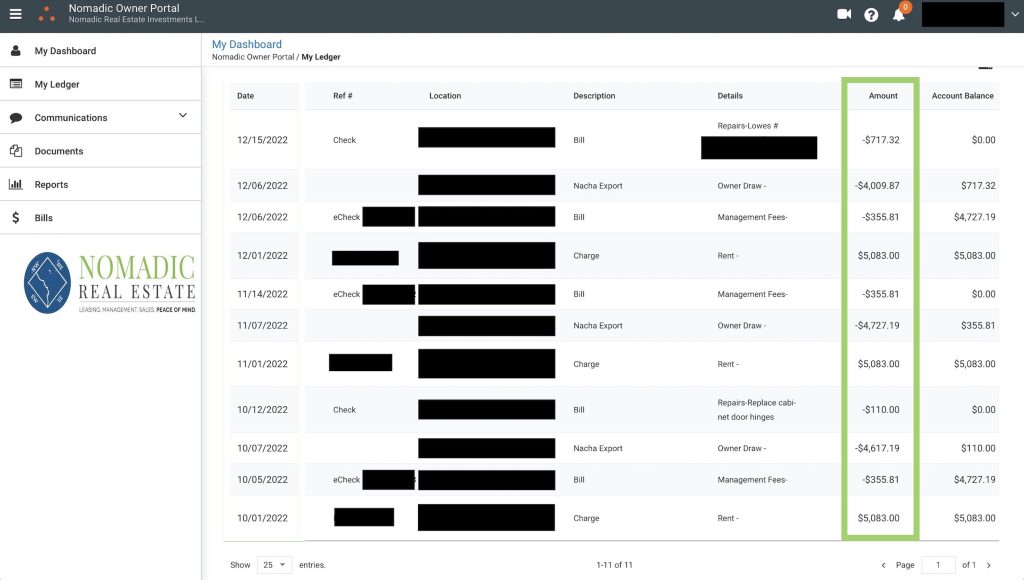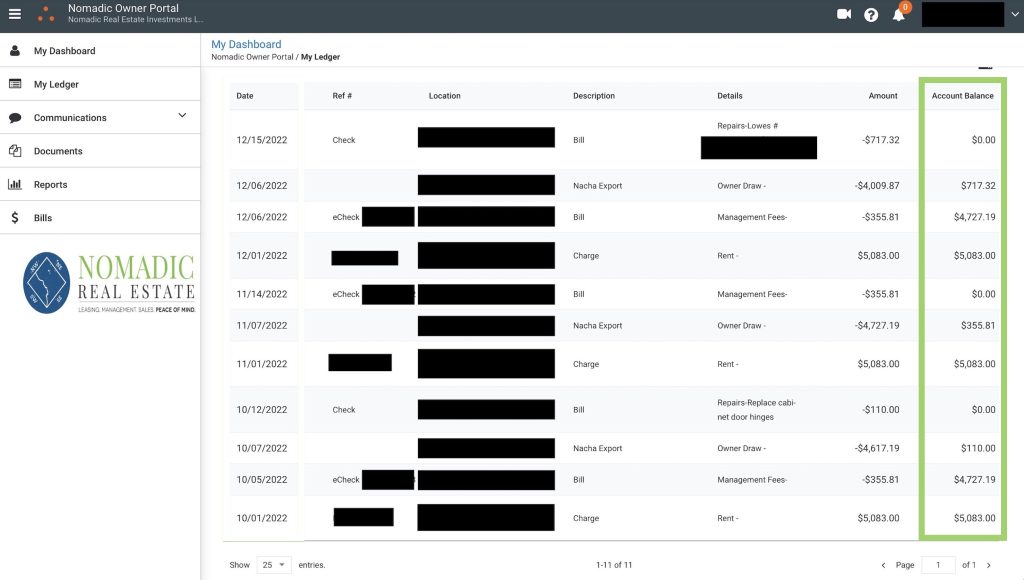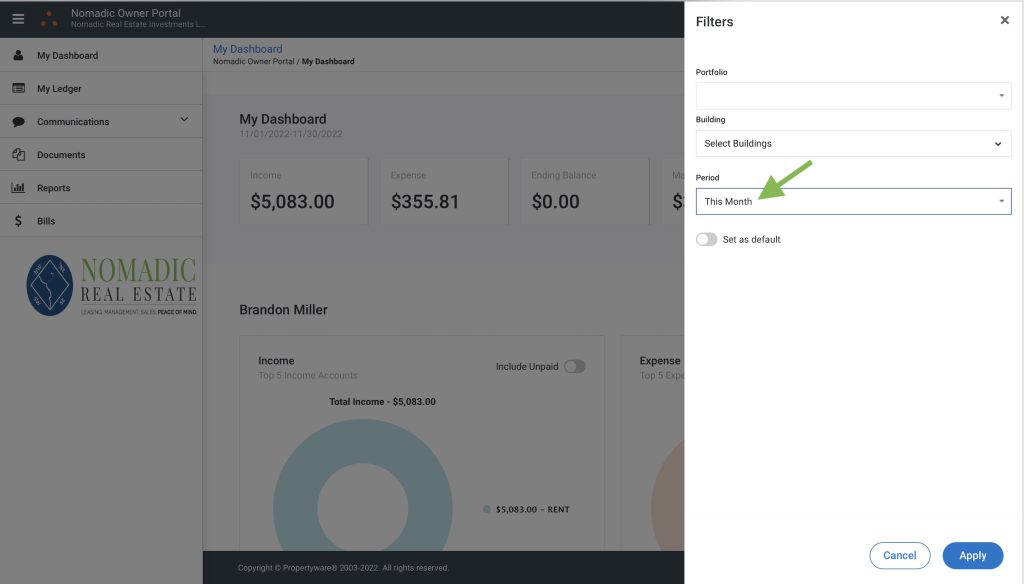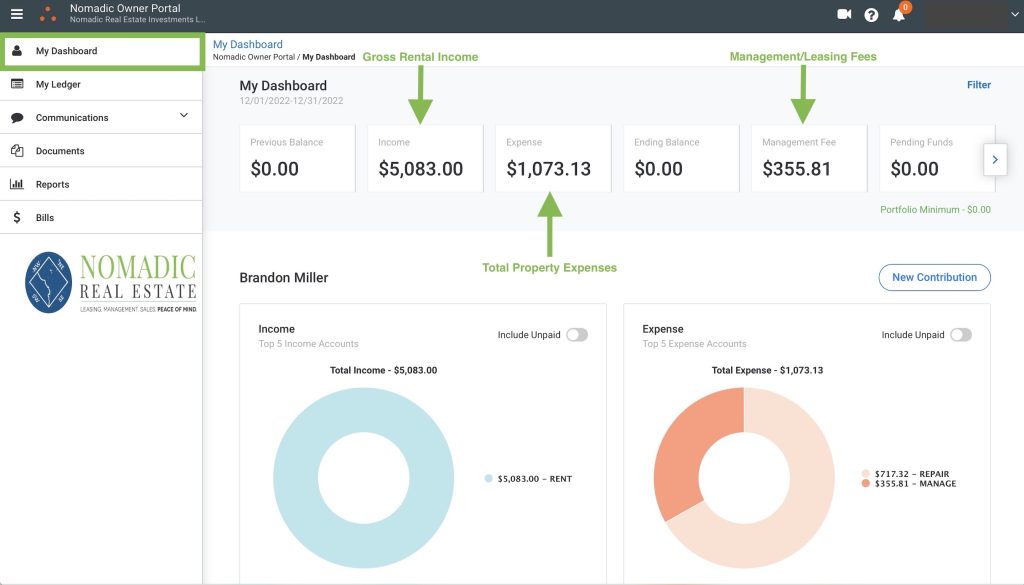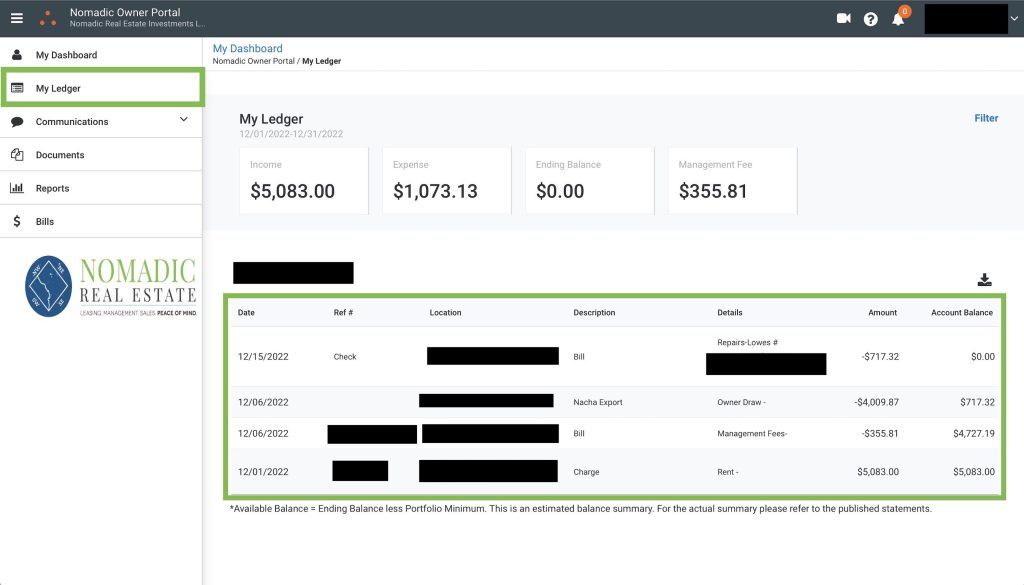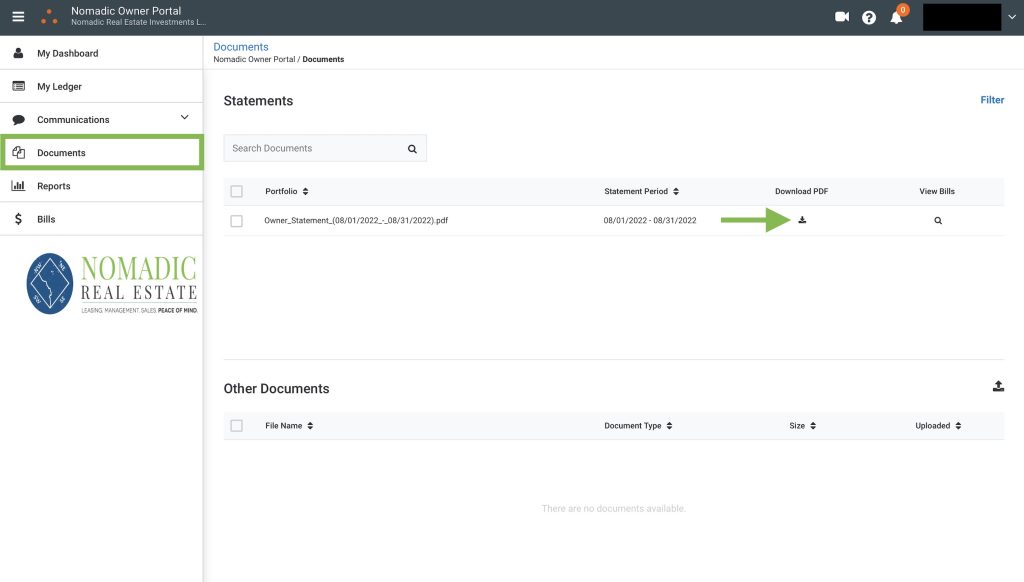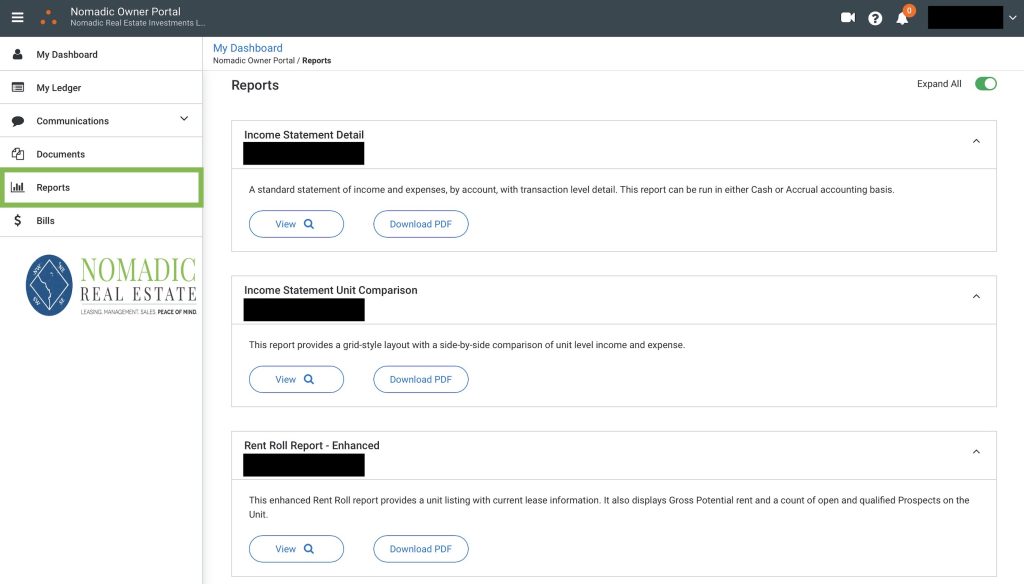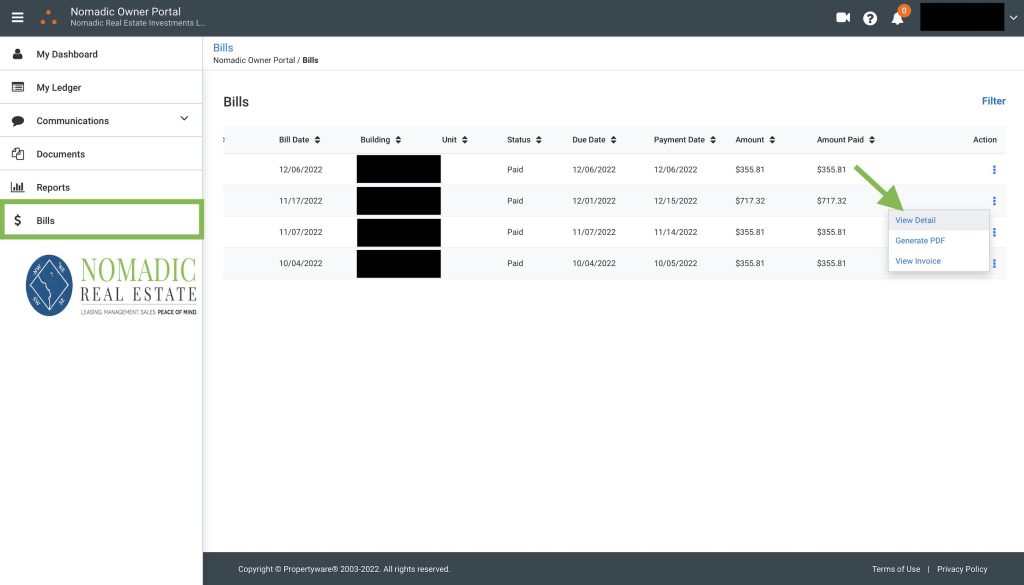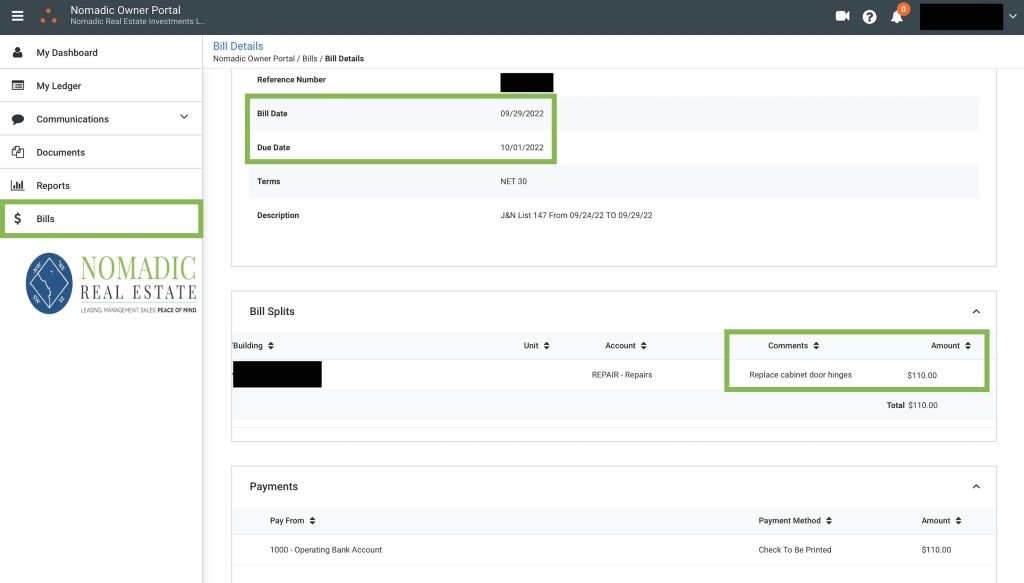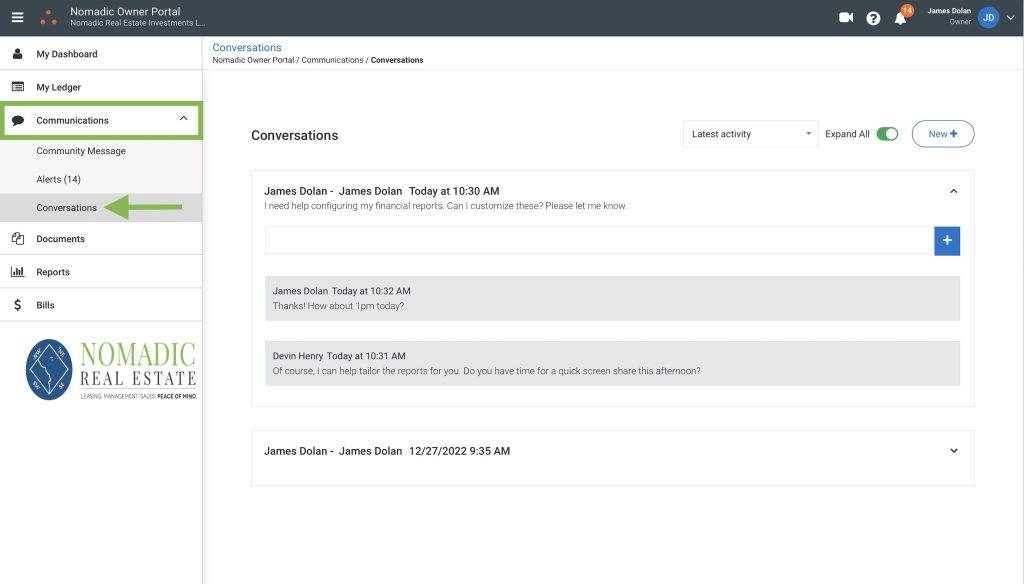Figuring out how to break a lease can feel overwhelming. This guide is here to help you make sense of it all, whether you’re moving for work, dealing with an unexpected change, or just need a fresh start.
We’ll explore options and steps, providing a practical roadmap to help you understand your tenants’ rights when breaking a lease.
We are real estate professionals, not attorneys. This information is provided for general guidance only. For advice specific to your situation, we strongly recommend consulting with a legal expert.
Why Breaking a Lease Can Be Tricky
A lease is a legally binding agreement. Signing one means you’re committed to paying rent for the entire lease term, even if you need to move out early. Breaking a lease early can come with many potential penalties.
Financial Stakes: What’s the Cost?
Breaking a lease often comes with financial consequences.
These could include:
- Paying a specified early termination fee outlined in your lease.
- Covering the remaining rent for the remainder of your lease term.
- Potential legal fees if your landlord takes legal action to recover lost rent.
Impact on Future Housing
Beyond finances, breaking a lease can impact your ability to secure future housing. Landlords often look at rental history, and a broken lease could be seen as a red flag. This can affect your credit report, making finding your next dream apartment tougher.
3 Strategies on How to Break a Lease with Less Stress
Although breaking a lease might seem like a daunting task, there are some things you can do to help you break a lease with minimal hassle.
1. Dig Deep Into Your Lease Agreement
Start with understanding the document you signed. Does it include an early termination clause? This clause might allow you to move out early with proper notice, maybe by paying a fee.
Pay close attention to sections covering allowable reasons for breaking the lease without penalties, like military deployment or a job transfer. Look for any mention of a landlord’s duty to mitigate damages, meaning they must try to re-rent the unit as soon as possible.
2. Initiate an Open Conversation with Your Landlord
Landlords are people, too. Many understand that life throws curveballs and may be open to negotiating a tenant break. Explain your situation openly and honestly.
If your reason for needing to opt out of your lease isn’t covered legally, they might be willing to work with you, especially if it means avoiding a potentially vacant unit. They also might be open to converting to month-to-month leases if your situation allows.
3. Actively Help Find a Replacement Tenant
Help your landlord find a new tenant for your unit. Let them know that you will be actively seeking a replacement that meets their screening criteria. This shows your landlord that you are trying to fulfill the obligations outlined in your lease agreement.
If you find someone who meets their screening criteria, you could be released from your financial obligations sooner. Check if your lease permits subletting—this option allows you to find someone else to take over your rent payments, easing financial burdens.
3 Legal Justifications for Breaking a Lease Without Penalties
Certain circumstances allow for you to break a lease without facing hefty penalties. Landlord-tenant laws vary by state, but here are some general situations where you might have legal grounds to break your lease:
1. When Your Living Space is Uninhabitable
If your apartment becomes unsafe or uninhabitable due to the landlord’s neglect, like pest infestations or lack of necessary repairs, you might have grounds to break the lease without penalties. This could be considered a violation of the landlord’s duty to provide a habitable living space, giving you the ability to legally end the lease.
Document everything. Pictures, videos, and written records of your attempts to get your landlord to address these issues are crucial. Providing your landlord with written notice of the issues and giving them a reasonable time to fix them is important for building a case.
2. When Your Safety’s at Risk
If you’re a victim of domestic violence or sexual abuse or experience similar situations that jeopardize your safety at your residence, you often have legal protection to break your lease without penalties. In these situations, your safety and well-being become paramount.
Laws like the Violence Against Women Act and some state laws offer protection, potentially allowing you to break your lease without financial penalty. Be sure to thoroughly research the tenant laws in your specific state.
3. Military Duty Calls
For those in active military service, the Servicemembers Civil Relief Act (SCRA) provides protection for those who need to break a lease due to a Permanent Change of Station (PCS) or deployment order.
The SCRA ensures you aren’t held to your lease under these circumstances. This means that if you receive military orders that require you to relocate, you are usually able to legally break your lease without facing financial penalties.
What Happens When You Break a Lease in Washington, D.C.
Each state and district has its own unique landlord-tenant laws, and Washington, D.C. is no exception. D.C.’s regulations can differ significantly from those in other areas, like Virginia or Maryland, making it crucial to understand your local laws to protect your rights.
In Washington, D.C., the Rental Housing Act governs most aspects of renting, including lease termination. If you’re considering breaking a lease, it’s important to understand D.C.’s requirements for doing so. For example, breaking a lease without a legally valid reason—such as military deployment, domestic violence, or unsafe living conditions—could result in penalties, including paying rent for the remainder of the lease or until a new tenant is found.
D.C. has specific tenant-friendly protections in place, but the process can still be complex. Familiarizing yourself with the local laws is essential, and resources like the D.C. Office of the Tenant Advocate can help clarify your rights and responsibilities.
Remember, it’s always wise to consult with a legal professional before making any decisions about breaking a lease. A lawyer familiar with Washington, D.C. laws can provide tailored advice and help determine if you have grounds to break your lease without facing significant penalties.
FAQs about How to Break a Lease
How much does it cost to break a lease in Maryland?
The cost to break a lease in Maryland depends on the specific terms of your lease agreement. Typically, landlords may require you to pay 2-3 months’ rent as a penalty if you don’t have a legally valid reason for early termination. It’s advisable to review your lease and consult with an attorney who specializes in Maryland tenant laws to understand your rights and potential costs. Always check your lease and local laws or seek legal advice to confirm your obligations.
How much does it cost to break a lease in Virginia?
In Virginia, breaking a lease usually involves paying a penalty, which could be up to 2 months’ rent, depending on your lease agreement. Some landlords may also require you to cover rent until a new tenant is found. It’s important to carefully review your lease terms and seek legal advice if you’re unsure about the implications of breaking your lease early. Consulting your lease and local laws or getting legal advice is recommended to fully understand your responsibilities.
How much does it cost to break a lease in Washington, D.C.?
In Washington, D.C., the cost of breaking a lease can vary based on the terms of your agreement. Landlords may charge a penalty, typically equivalent to 1-2 months’ rent, or require you to pay rent until a new tenant is secured. D.C. has specific tenant protection laws, so consulting with a legal expert familiar with local laws is recommended. Always review your lease and local laws or consult a legal professional to ensure you understand your obligations.
What is the best reason to break a lease in D.C., Maryland, or Virginia?
The best reason to break a lease in D.C., Maryland, or Virginia is one that is legally justified, such as military deployment, domestic violence, or uninhabitable living conditions. Honesty about your situation is crucial, as providing a legitimate reason is more likely to result in a favorable outcome. Be sure to consult your lease, local laws, and, if necessary, a legal expert to confirm your grounds for breaking the lease.
Making Informed Decisions: Protect Yourself When Breaking a Lease
Breaking a lease can stir up many emotions. It’s crucial to approach this process thoughtfully. Stay calm, gather the needed information, and, if in doubt, seek legal guidance. Want to learn more about lease management for property managers, contact us today.










